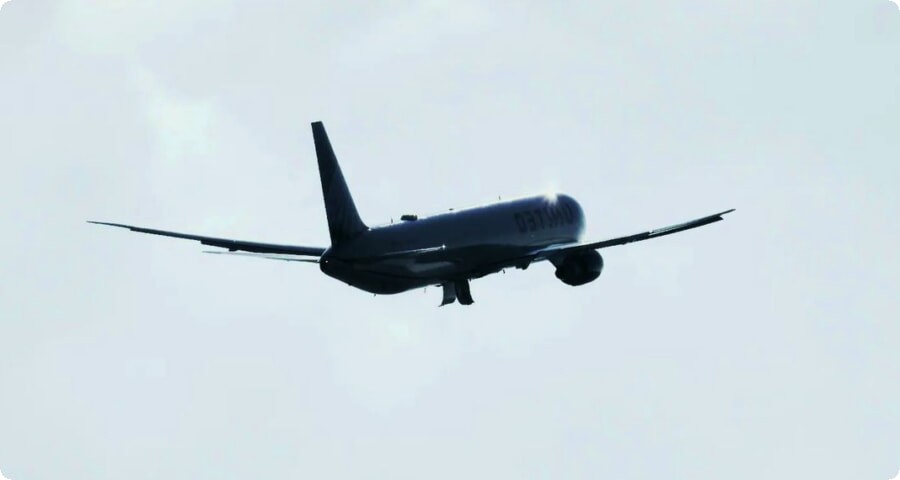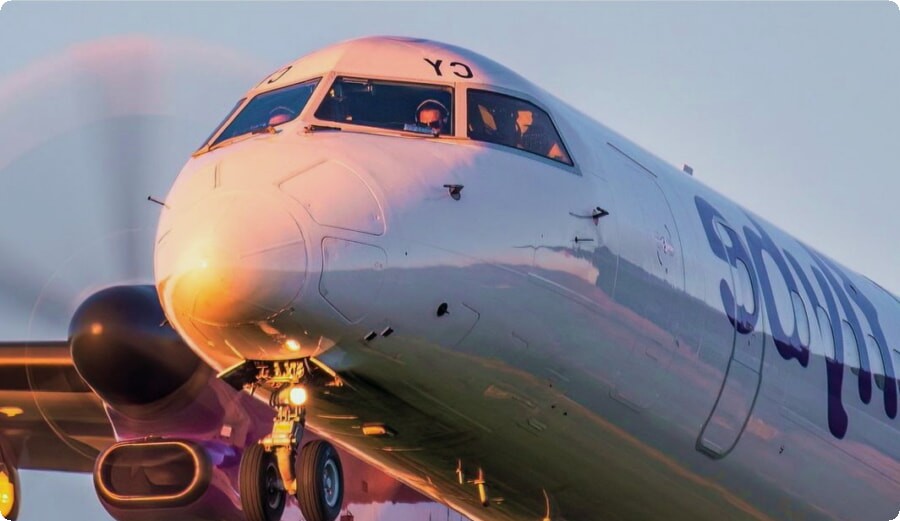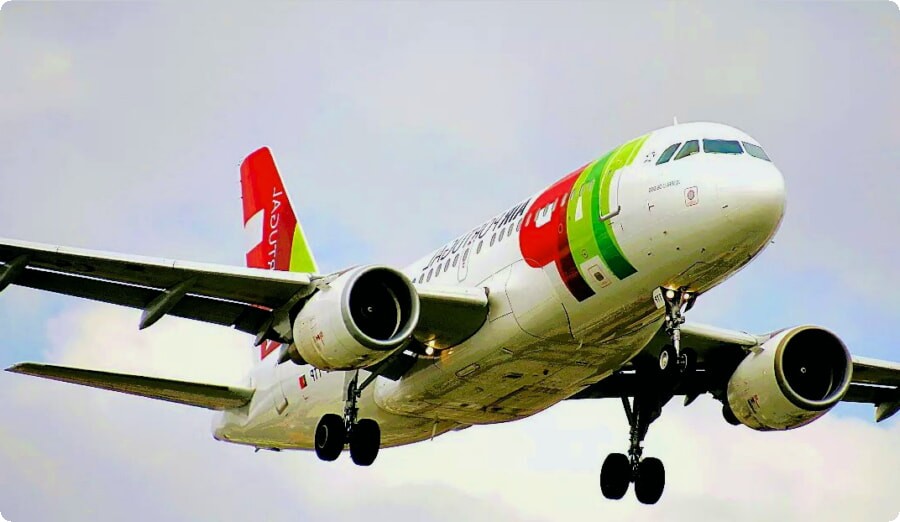Feeling bad on the plane
Although planes are considered the fastest way to travel, this does not mean that it is pleasant, and for some people it even turns into torture.

Not only does the body have to deal with jetlag for some time after flights, but the vestibular apparatus also tolerates such a pastime extremely negatively, and when force majeure occurs, this only worsens the sensations and the situation.
During the flight, the whole body suffers (from the circulatory process to the respiratory tract), which can cause asthma attacks, and even profuse bruising can occur.
Some of the physical consequences come from the psychological problems that come with flying.

In a particular risk zone are people with problems of the heart, respiratory tract, blood circulation, those who suffer from chronic diseases and have serious injuries.

In some cases (if a person is not sure of his own well-being), it is recommended to consult a doctor and obtain his permission to fly. Of course, this is not always necessary, but as an insurance, the examination will not be superfluous. It may happen that some kind of illness becomes very aggravated, and it will be categorically contraindicated for a person to fly, respectively, it is important to know about this in advance.

For fear of complications, a passenger may be removed from the flight, but it all depends on the particular company and its attitude towards its own passengers.
It is especially not recommended to fly for those who have recently undergone any surgical interventions, as it is difficult to predict the reaction of the body.

Also, flights are highly discouraged for pregnant women (especially in the later stages), because it can even come to premature birth. As for newborns, they can only be taken on a plane accompanied by a competent doctor.

In general, the airline is, of course, responsible for the health of passengers, but depending on the company, flight and country, legislative nuances may vary. In some companies, the staff undergoes special universal medical training, while in others this is not provided, so the passenger will have to cope with minor body problems on their own. In view of the latter, passengers are definitely advised to carry the necessary medicines with them, and if they are specific, then you need to obtain the appropriate medical permission for their transportation and use.

As for the validity of insurance, it usually does not cover the flight, but here the carrier company is again responsible for the passengers. The main thing is that everything should be documented right on board, after which the passenger will have to be assisted or financially compensated for it.

If there is no one to help, and the passenger is very ill, then an emergency landing occurs, so tourists have nothing to worry about.

Separately, it is worth noting that there are very few fatal cases during flights (even according to world statistics), so a person only needs to have the necessary medicines with him, and otherwise you can rely on the airline.
The best way to buy cheap flights